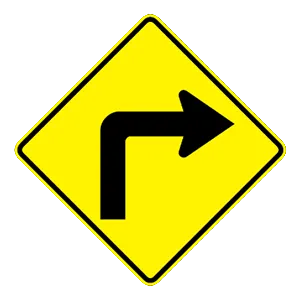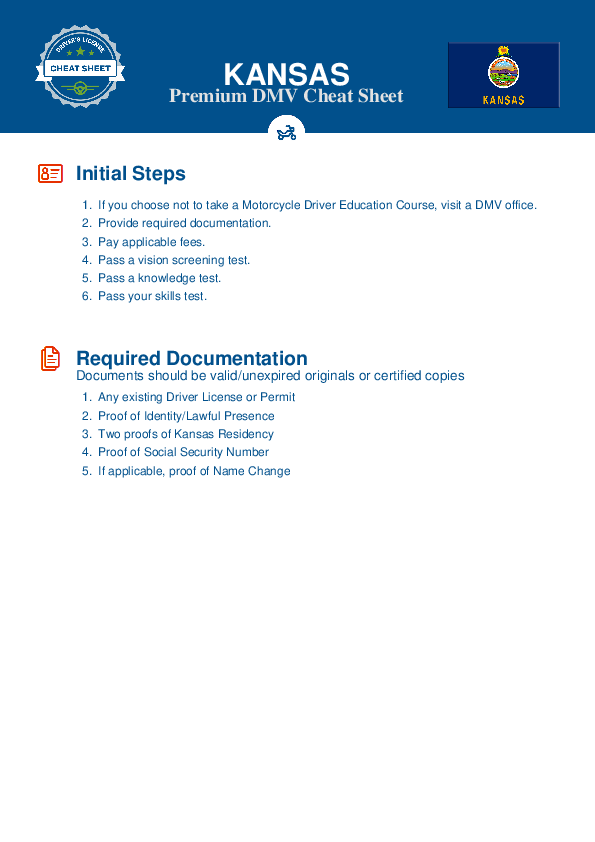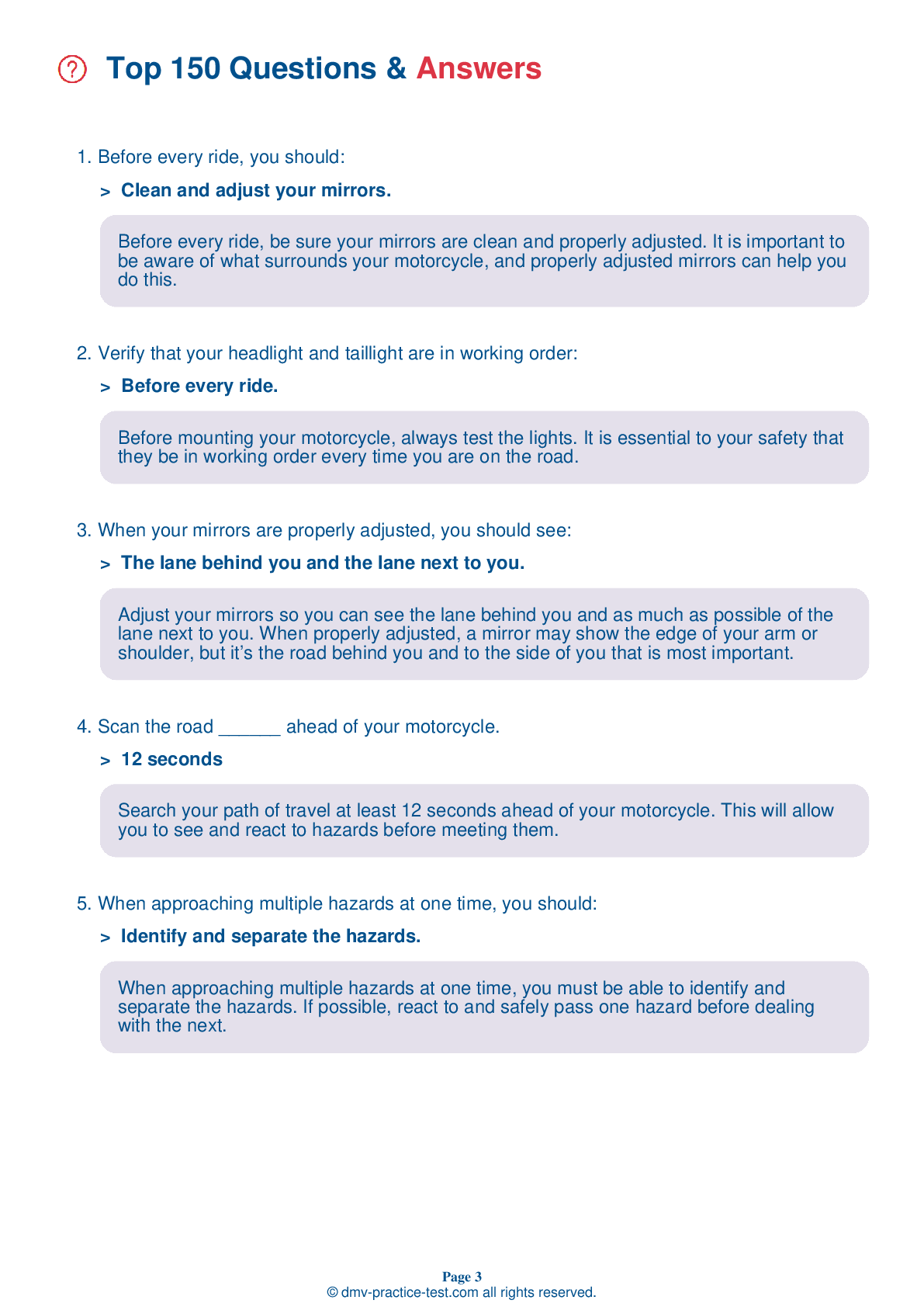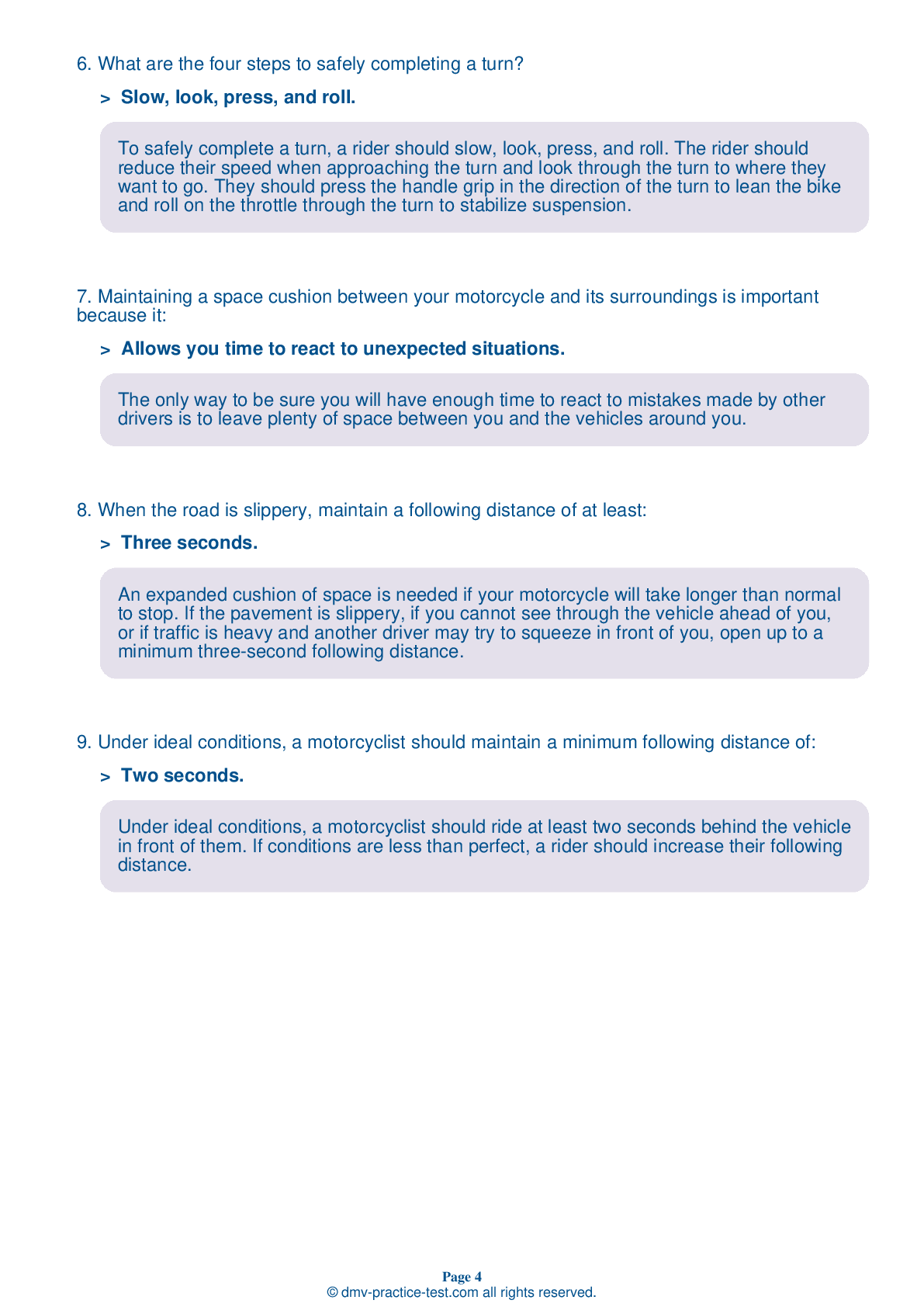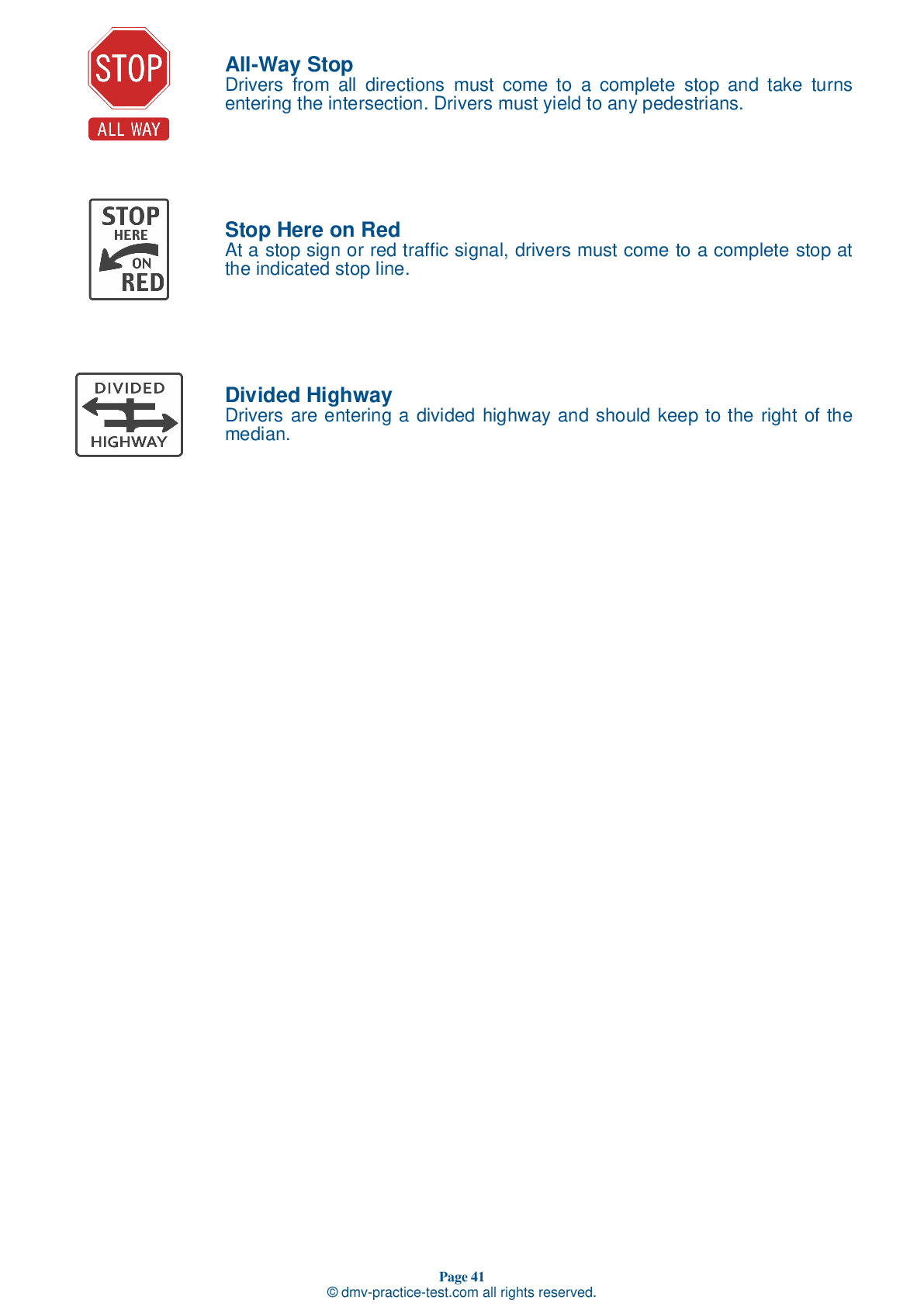FREE Kansas DMV Motorcycle Practice Test 2024
Welcome to the Kansas Motorcycle License Practice Test, which is available to you at no cost. This exam will test your knowledge of the information in the Kansas Motorcycle Operator Manual as well as best practices. Some of the questions are about general driving habits, while others are specialized to motorcycles. Each of the 25 practice problems has four possible answers. Before selecting the best feasible response, carefully read the question and the replies. Each question has just one right answer. If you're having trouble answering a question, you can use the hint option to get more information. On this Kansas sample test, there are hints for each question; however, there will be none on the state exam. If you choose the correct answer, you will move on to the next question. If you select the incorrect option, you will be given both the correct answer and an explanation. You must properly answer 20 of the 25 questions on this sample test to pass. Passing the free test does not guarantee you will pass the state exam, but it can be used as a study tool before the real thing.
1 . Under ideal conditions, a motorcyclist should maintain a minimum following distance of:
Under ideal conditions, a motorcyclist should ride at least two seconds behind the vehicle in front of them. If conditions are less than perfect, a rider should increase their following distance.
2 . You have an improved chance of avoiding serious injury in a crash if you wear all of the following, except:
Wearing a U.S. Department of Transportation (DOT)-compliant helmet can help protect you against head and neck injuries in the event of a crash. A jacket made of leather or sturdy synthetic material can also protect you against injuries.
3 . This yellow sign means:
